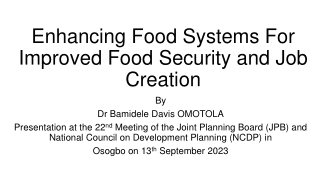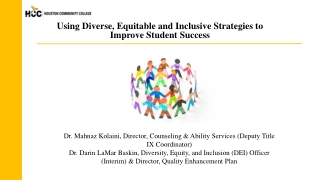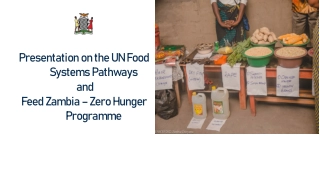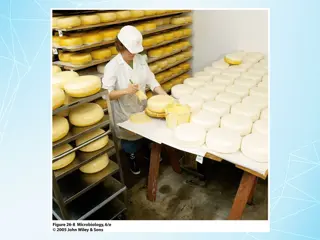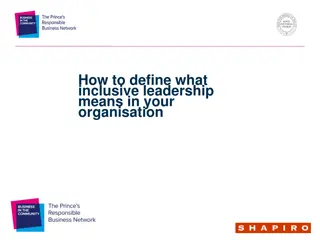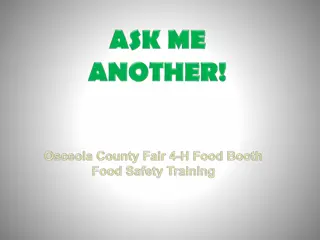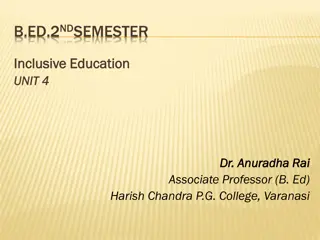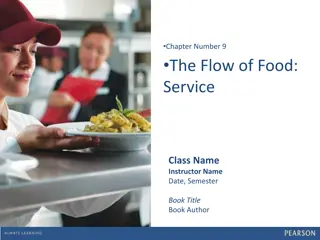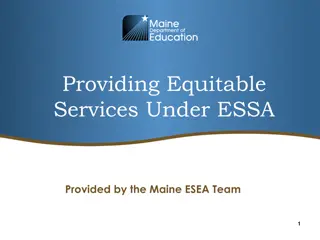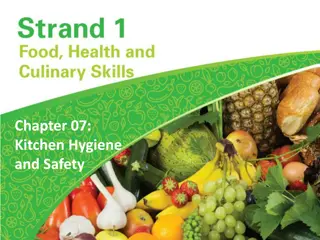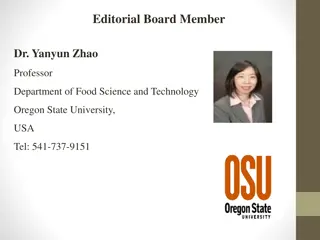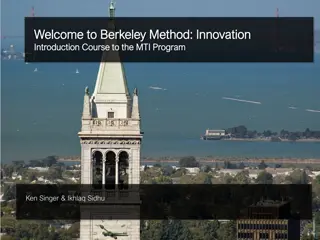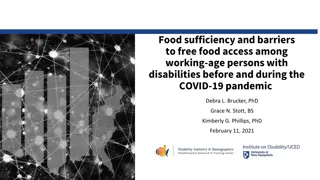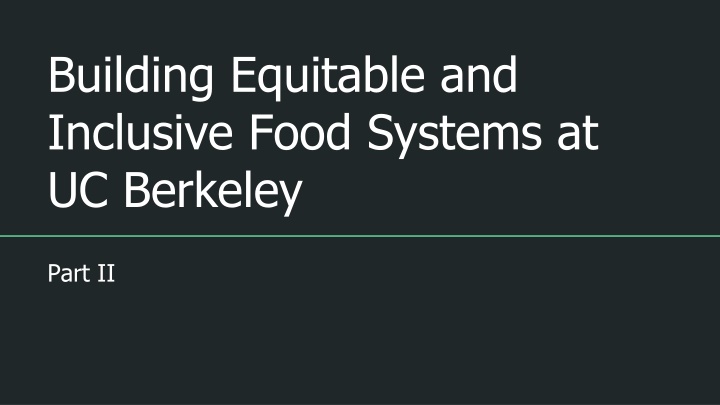
Building Equitable and Inclusive Food Systems at UC Berkeley
This content delves into workshops, feedback, goals, and reflections on fostering connections, identifying barriers, and creating tangible tools for an equitable and inclusive food system. Participants share pledges, visions, and actions to promote collaboration, reduce disparities, and improve cultural competency.
Download Presentation

Please find below an Image/Link to download the presentation.
The content on the website is provided AS IS for your information and personal use only. It may not be sold, licensed, or shared on other websites without obtaining consent from the author. If you encounter any issues during the download, it is possible that the publisher has removed the file from their server.
You are allowed to download the files provided on this website for personal or commercial use, subject to the condition that they are used lawfully. All files are the property of their respective owners.
The content on the website is provided AS IS for your information and personal use only. It may not be sold, licensed, or shared on other websites without obtaining consent from the author.
E N D
Presentation Transcript
Building Equitable and Inclusive Food Systems at UC Berkeley Part II
Feedback From Workshop One Too much facilitation/more time to talk with each other Desire to get to know the people in the room and the work they do Clearer understanding of what the outcomes are of this work
Goals for Workshop Two Foster connections between workshop members Identify barriers to building equitable and inclusive food systems on campus Practice coming up with solutions to these barriers Identify and create tangible tools and strategies Make pledges to bring tools back to communities Share visions of what an equitable and inclusive foodscape might look like
Report Back From Workshop One Exercise What do I/my entity want to continue doing? Public outreach and engagement Pursue local and global interventions Embrace multidisciplinary approaches Infuse environmental justice into all education and programming
Clearer Understanding of Outcomes Short term goals Workshop II Intermediate term goals Spring Semester & Beyond Long term goals
Report Back From Workshop One Exercise What do I/my entity want to stop doing? Being divisive or competitive instead of collaborative Being passive and isolated in campus units Being driven by profit or resources rather than the greater good/human rights Choosing easy path/contracts because they already exist Wasting food
Report Back From Workshop One Exercise What do I/my entity want to start doing? Collaborate, support and empower each other Make sure everyone is fed and waste is reduced Find practical ways to reduce disparities Improve cultural competency across units Stand up to the University with our vision More gardens on campus
Report Back From Workshop One Exercise What tools do I/my entity need in order to be more equitable and inclusive? Funding Understand terms in both theory and practice Generate political will across campus Connect UCB mission to broader food justice movements
Introductions 1.Name 2.Position on campus 3.Identify influences you have relating to what you do
Identifying Challenges 10 minutes for group discussion & 8 minutes each for report back Listen Actively: What are the short-, intermediate-, and long-term goals relating to each challenge?
Case Studies 10 minutes each; see specific questions posed on each case study 1.Cal Dining: Brown s 2.Berkeley Student Food Collective 3.Berkeley Food Institute 4.Department of Environmental Science, Policy, and Management

